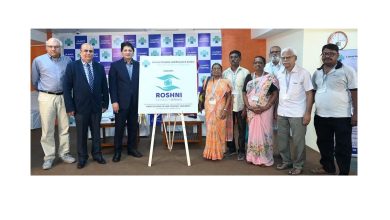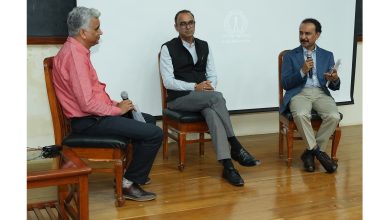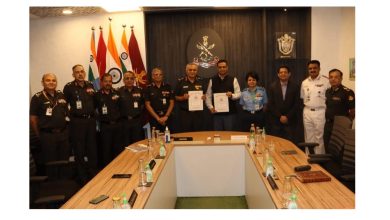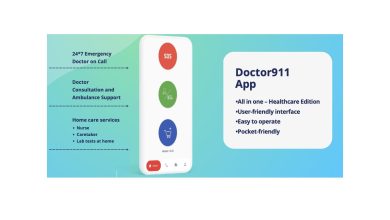Lancet Citizens’ Commission to develop roadmap for universal health coverage

The commission will be led by four distinguished health and business leaders
A healthcare panel has been formed in association with the Lancet to develop a roadmap to achieve universal health coverage and lay out the path to guarantee access to quality and affordable health care services to every Indian.
The Lancet Citizens’ Commission will be led by four distinguished health and business leaders. The panel is formed in collaboration with the Lakshmi Mittal And Family South Asia Institute and Harvard University.
The four leaders are Kiran Mazumdar-Shaw, the executive chairperson of Biocon Ltd, Gagandeep Kang, the professor at Christian Medical College in Vellore, Vikram Patel, the professor at Harvard Medical School and Harvard TH Chan School of Public Health and co-founder of the Indian NGO Sangath and Tarun Khanna, Jorge Paulo Lemann Professor, Harvard Business School.
The panel will develop a roadmap to achieve universal health coverage and lay out the path to guarantee access to quality and affordable health care services to every Indian, the leaders said.
Speaking at the launch of the commission, WHO chief scientist Soumya Swaminathan said states in India have been doing innovations and making progress so best practices can be found within the country too.
“Some states have health indicators way above other states. There are lots of learnings within the country too,” she said.
Touching on a few key issues, she said one among them was quality of data as without that you have no idea what are the benchmarks and what are the gaps to fill.
“So the first thing to do is to look at what the gaps are in terms of indicators,” Swaminathan said.
Similarly, she said there is a need for a vital registration system.
“Causes of death are a very good way to understand the burden of disease and there is a need for a system for the urban and a system for the rural,” she suggested.
“What we need is real-time data which people at primary healthcare centres can see and act on. They all need feedback on what indicators are and what they need to focus on,” Swaminathan said.
Commenting on the commission”s vision, Mazumdar-Shaw said this is a first of its kind consultative and participatory initiative that aims to chart socio-economic parity through universal health equity.
“It seeks to engage citizens from across the country and put them at the heart of the efforts to transform India”s health system and make universal health care a reality in this country. Our intent is to include Indians from all socio-economic strata in this crucial discussion so that their experiences and views can be integrated into the recommendations, thus ensuring a credible and comprehensive report at the end of the process,” she said.
Highlighting what sets this commission apart from previous efforts, Kang said to realise a resilient health system where access to healthcare is not a luxury and where the marginalised remain elusive, all stakeholders, including the citizenry, need to work along with the government and deliberate on solutions for effective implementation of universal health coverage.
Patel further emphasised the potential of this commission”s impact in current times.
“The pandemic offers a historic opportunity to realise the country”s aspirations to achieve universal health coverage and we hope to publish our findings in time for the landmark of India”s attainment of 75 years of freedom on August 15, 2022,” he said.
Patel said never before has anything like this been attempted in such a unique historical moment.
“Our primary indicator was to observe how this pandemic has brought the entire country to its knees that have very well reflected the urgency of having a commission. Health has never been seen through the prism of a citizen. Health has never been a key demand that citizens have in for example during elections,” Patel said.
Patel said the commission acknowledges that one of the greatest challenges of universal health coverage in India is that the health sector is very “fragmented”.
“One of the major fragmentation lies between the public and private sector and it is one of the first efforts where private and public sector leaders are sitting together. The idea is for building a universal healthcare sector we need to have citizens on board and all the key sectors concerned with healthcare working through collaboration and consultation,” he said.
PTI




